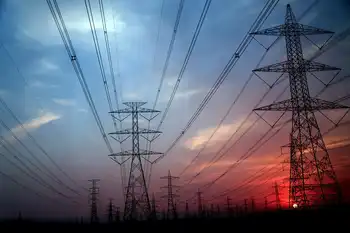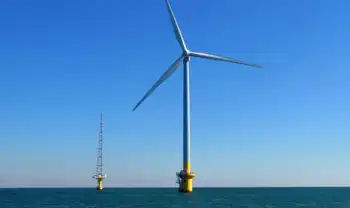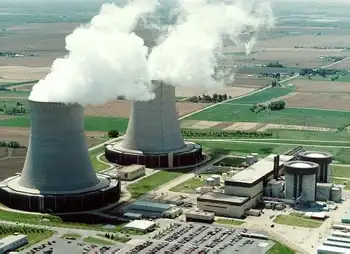Scientists turn up heat on world leaders
BALI, INDONESIA - Top scientists jumped into the political battle over global warming at a climate conference, urging nations to make deep cuts in carbon dioxide and other heat-trapping gases.
But the United States refused to back mandatory cuts despite mounting international and domestic pressure.
More than 200 experts issued a declaration at the four-day-old international gathering on Bali island calling for a 50 per cent reduction in emissions by 2050 – a rare policy prescription by scientists who usually limit themselves to presenting evidence and leaving the politicians to choose remedies.
The scientists aimed to spur talks here about launching negotiations, over the next two years or so, on an emissions-cutting pact to succeed the Kyoto Protocol that expires in 2012. It requires 36 industrial countries to reduce the gases by 5 per cent below 1990 levels.
The United States is the only industrial country to reject it. Canada signed on but critics complain it has not done enough to meet Kyoto commitments.
The declaration has "the weight of the scientific community behind it," said Australian climatologist Matthew England, a group spokesperson. "We have to start reducing greenhouse gas emissions as soon as we possibly can."
Delegates from nearly 190 nations are here for the two-week forum.
It has broken into a tense standoff between two camps, with a majority supporting mandatory emissions cuts on one side, and opponents such as the United States on the other, delegates said. Failure to act, experts say, would allow rising temperatures to trigger devastating droughts, flooding and other environmental damage.
The U.S., the largest producer of climate-warming gases, resisted calls for strict limits on emissions, even as an American Senate committee passed a bill Wednesday to cut pollutants 70 per cent by 2050 from electric power plants, manufacturing and transportation. The bill now goes to the full Senate.
U.S. officials said neither the Senate action nor Australia's decision to sign the Kyoto Protocol – after years of standing with the U.S. in opposition – would alter its stance.
The Australian delegation said Canberra supports a UN document that speaks of cutting greenhouse gas emissions by 25 per cent to 40 per cent below 1990 levels by 2020, noting the government has already proposed 60 per cent cuts by 2050.
However, Australian Prime Minister Kevin Rudd refused to commit to the 2020 figures before he gets a comprehensive report he commissioned on the issue, due next year.
Related News

Ontario energy minister asks for early report exploring a halt to natural gas power generation
TORONTO - Ontario's energy minister says he doesn't think the province needs any more natural gas generation and has asked the electricity system regulator to speed up a report exploring a moratorium.
Todd Smith had previously asked the Independent Electricity System Operator (IESO) to report back by November on the feasibility of a moratorium and a plan to get to zero emissions in the electricity sector.
He has asked them today for an interim report by Oct. 7 so he can make a decision on a moratorium before the IESO secures contracts over the long term for new power generation.
"I've asked the…




